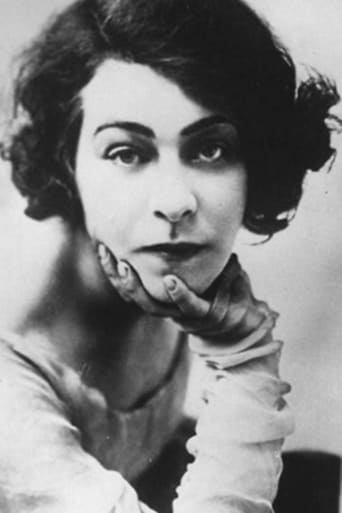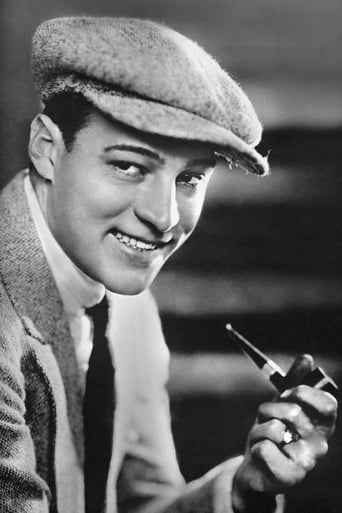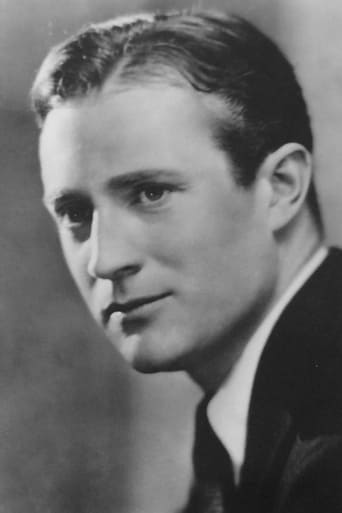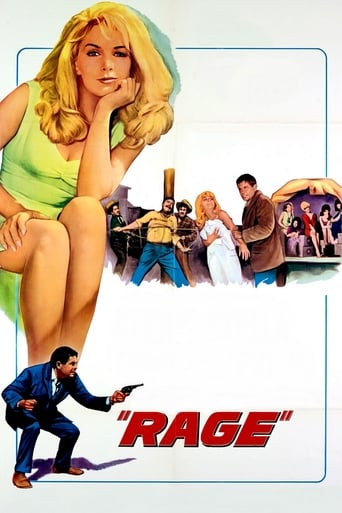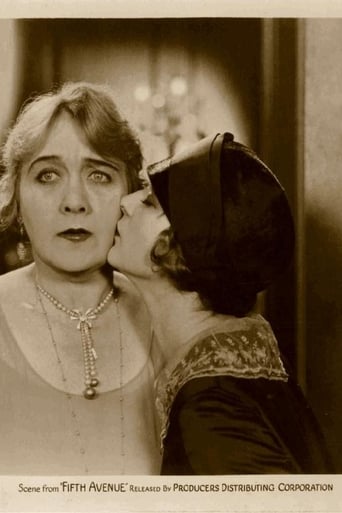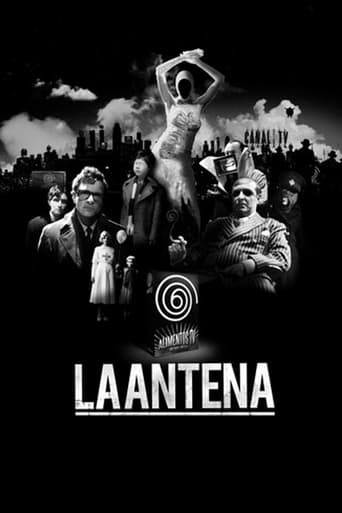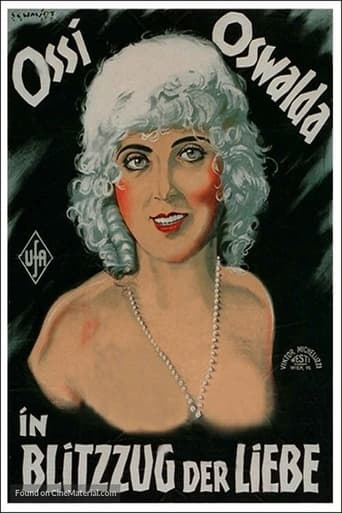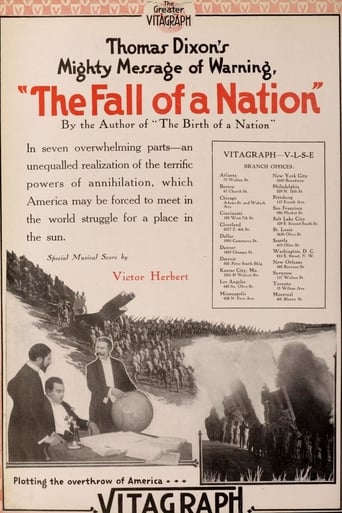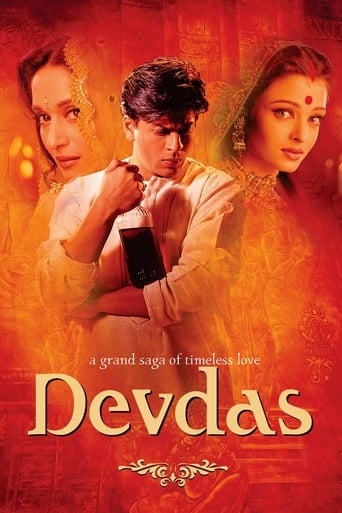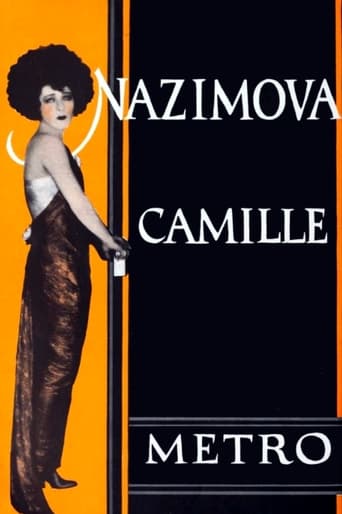
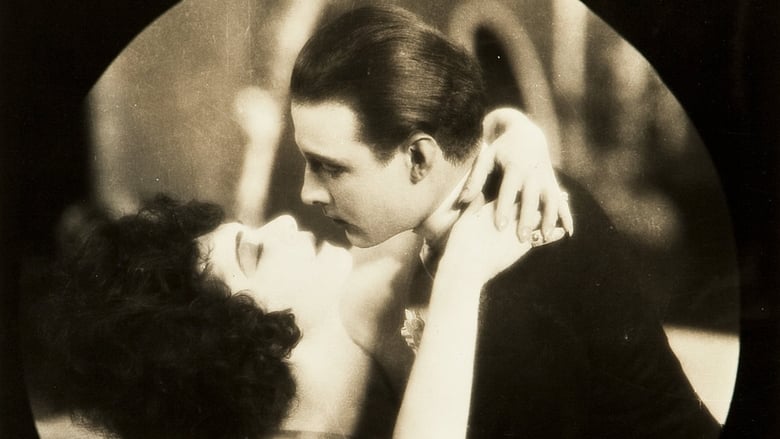
Camille (1921)
Camille is a courtesan in Paris. She falls deeply in love with a young man of promise, Armand Duval. When Armand's father begs her not to ruin his hope of a career and position by marrying Armand, she acquiesces and leaves her lover. However, when poverty and terminal illness overwhelm her, Camille discovers that Armand has not lost his love for her.
Watch Trailer
Cast
Similar titles
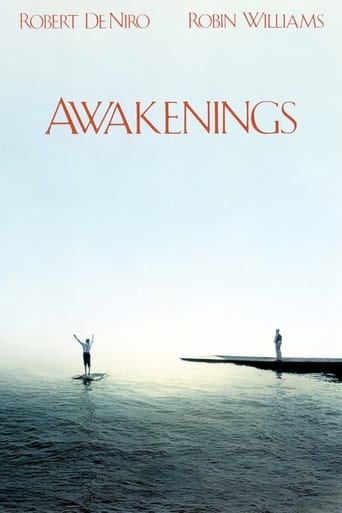
Reviews
Very very predictable, including the post credit scene !!!
It's not great by any means, but it's a pretty good movie that didn't leave me filled with regret for investing time in it.
Yo, there's no way for me to review this film without saying, take your *insert ethnicity + "ass" here* to see this film,like now. You have to see it in order to know what you're really messing with.
Watching it is like watching the spectacle of a class clown at their best: you laugh at their jokes, instigate their defiance, and "ooooh" when they get in trouble.
Camille (1921)I stumbled on a great clean copy of this packaged with the more famous Garbo talkie version from 1936, and it was interesting mostly as a comparison. Here for the first time I got to study the famous Rudolph Valentino (the "matinee idol" of the period). And in the leading role as the modernized Camille was Alla Nazimova, a Russian actress with serious aspirations and some success in the era.The film is a stubborn one to like, however. While not badly made, it has the stiff and sometimes plodding editing, scene to scene, that implies an audience that might not keep up with a more sophisticated treatment. (And more complex editing was common by 1921, for sure.) The acting, silent as it is, is false enough often enough to push a modern viewer off. Nazimova has this fabulous and distracting giant hairpiece on, for some reason, as if to show she's truly wild, but her acting is almost too serious for the fun she is meant to inspire.The set design is a wonder in many ways, having a modern flair that precedes Art Deco and might interest fans of that mid-20s style. The camera, however, is often satisfied to center the scene and sit and watch the events. Bitzer (with Griffith) knew the dangers of this years earlier, and little known director Ray Smallwood is clearly not making the most of some very dramatic moments.The story, in brief, is about a spirited young woman who is at the age where she must marry to survive, and she falls between a rich, dull count and a handsome, adorable common person (Valentino). What plays out is something very unfamiliar to Western women in our era, because the main woman (who is called Marguerite) is trapped by really needing a man to support her, period. True love with a relatively poor chap just won't do, and yet of course true love is true love, and Valentino promises to support her one way or another. But his (of all people) father interferes and and basically dashes true love on the rocks.The end is unremittingly tragic, the camera again centered on the final scene.See it? No, I'd so not, unless you have some deep interest in either the story or one of the main actors. The plot is based on a Dumas classic from 1848, and is most famous for having inspired the great opera, La Traviata. If you want a quite good movie on these events, see the Garbo version.
Camille is a courtesan in Paris. She falls deeply in love with a young man of promise, Armand Duval. When Armand's father begs her not to ruin his hope of a career and position by marrying Armand, she acquiesces and leaves her lover.I watched this because it was on the DVD for "Camille" (1936). I am not going to say it is a bad movie, because it is not a bad movie. Though I will say it was more challenging for me to watch the silent version than the talkie version. And I love silent films... must have just been the day.Watch this if you want to see why Rudolph Valentino was a star and is still known today (unlike the bulk of 1920s actors). He was one of a kind, to say the least.
Nazimova is a real disappointment here. She's supposed to be a magnetic, attractive courtesan, reeling in the men wherever she goes. The most interesting things about her are her wild, over-the-top hairdo (which may have influenced the makeup artist who created Elsa Lanchester's look in "Bride of Frankenstein" more than a decade later), and her emaciated body.It's Valentino who really makes an impression here, without the eye-rolling theatrics he brought to "The Sheik", made that same year. He's thoughtful, caring, devoted, and devastated when he believes his love has been playing with him. The scene where he breaks down in tears is wonderfully done and very realistic.Nazimova does much better when she's not flinging her arms around or bending over backward to drain her glass; when she sits down and shuts up, she's actually effective in the role. Valentino easily steals the film from his costar, which may account for the fact that he's not seen in the final, deathbed scenes. Well worth watching.
This modernized film version of the Herr Alexander Dumas story takes some liberties from the original (well, this German Count has to say that it is always better to make a good, original adaptation than a simple copy). "Camille" (a strong and ethereal girl), known as "the lady with the camellias", was directed by the relatively unknown Herr Ray C. Smallwood. It's a strange film for this German Count . strange because there is something bizarre about this film that deeply mystifies and haunts the audience at the same time (even those aristocrats who have a chance to see it).The film was produced by and starred the stylish Damen Alla Nazimova and also featured the handsome Herr Valentino. At the time, Nazimova was a star. Herr Valentino was just becoming a big star. The acting, especially Valentino, is static and clumsy but at the same time the exaggerated, divine, fragile Nazimova's performance balanced things incredibly well. (That's why this German Count said before that this film had something special there is to a great extent a fair unreal reality.) Their different acting styles fit fairly well in a film that wants to expose the sublimation of love; it's a romantic film par excellence.This film has a story larger than life it is a remembrance or idealization of "pure love", the sacrificing love and the love tragic. It is a film that projects a dreamful film atmosphere in a haunting Paris society full of dilettantes (if we talk about those people, there must appear a Count de Varville, natürlich!). They live an unconcerned life surrounded by banality and selfishness, besides strange furniture and outfits. They lack feelings. Ultimately Camille has the chance to find at last her true love suffering at the very end. And thus ends one of the most interesting and romantic silent films of the early 20's (book adaptations or not).And now, if you'll allow me, I must temporarily take my leave because this German Count must to investigate if the love in itself exists.
